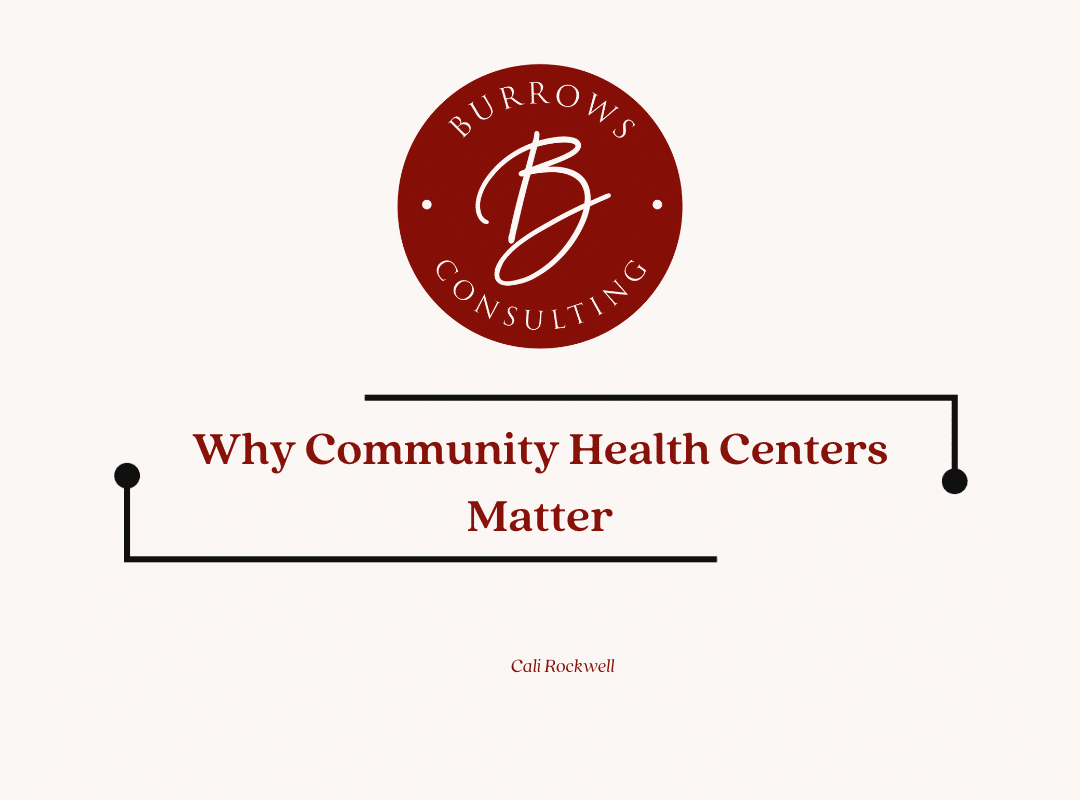Introduction
Community Health Centers (CHCs) have been the cornerstone of primary healthcare in the United States, particularly for underserved populations. As we celebrate National Health Center Week (NHCW) from August 4-10, 2024, it’s an opportune moment to reflect on the vital role these centers play in promoting public health, reducing healthcare costs, and enhancing the well-being of communities nationwide.
Serving Millions Across the Nation
Community Health Centers, also known as Federally Qualified Health Centers (FQHCs), are nonprofit, patient-governed organizations dedicated to providing high-quality primary healthcare services to individuals, regardless of their ability to pay. In 2022, CHCs served an impressive 31.5 million patients across the United States, making healthcare accessible to 1 in 11 people nationwide (NACHC) (NACHC).
Economic Impact
Beyond providing essential healthcare services, CHCs significantly contribute to local economies. They generate approximately $85 billion in economic activity annually and save the healthcare system $24 billion each year. These savings primarily result from reducing the need for more expensive hospital-based care by offering comprehensive, preventive, and chronic care management (NACHC) (NACHC).
Improving Access and Outcomes
CHCs play a critical role in improving healthcare access for low-income and uninsured individuals. Following the implementation of the Affordable Care Act (ACA), CHCs have been instrumental in reducing barriers to care. Between 2009 and 2014, the proportion of health center patients reporting an inability to obtain medical and dental care declined significantly (KFF). CHCs offer a broad range of services, including medical, dental, mental health, and substance use disorder services. In 2022, they provided over 104 million patient visits, emphasizing their capacity to meet diverse healthcare needs (KFF).
Addressing Health Disparities
CHCs are at the forefront of addressing health disparities by serving vulnerable populations, including racial and ethnic minorities, agricultural workers, and residents of public housing. They are more than just healthcare providers; they are community anchors, offering culturally competent care and support services tailored to the unique needs of their patients(NACHC) (KFF).
Workforce and Community Development
Community Health Centers are also significant employers in their communities. They employ over 207,000 full-time equivalent (FTE) staff, including a diverse range of healthcare professionals such as physicians, nurses, dental professionals, and mental health providers. This robust workforce not only supports the health of the community but also contributes to its economic vitality (KFF).
Burrows Consulting: Supporting CHC Growth and Efficiency
Burrows Consulting is committed to enhancing the capabilities of Community Health Centers by providing expert guidance and resources. We have helped secure over $422 million in funding for our clients, empowering CHCs to expand their services and improve operational efficiency. Our tailored consulting services focus on strategic planning, grant writing, and compliance, enabling CHCs to better serve their communities and meet growing healthcare demands.
Conclusion
As we celebrate National Health Center Week, we acknowledge the essential contributions of Community Health Centers to our healthcare system. These centers not only improve health outcomes for millions of Americans but also strengthen the economic and social fabric of their communities. Supporting and expanding the reach of CHCs is crucial to ensuring equitable access to healthcare for all.

0 comments to " Why Community Health Centers Matter "